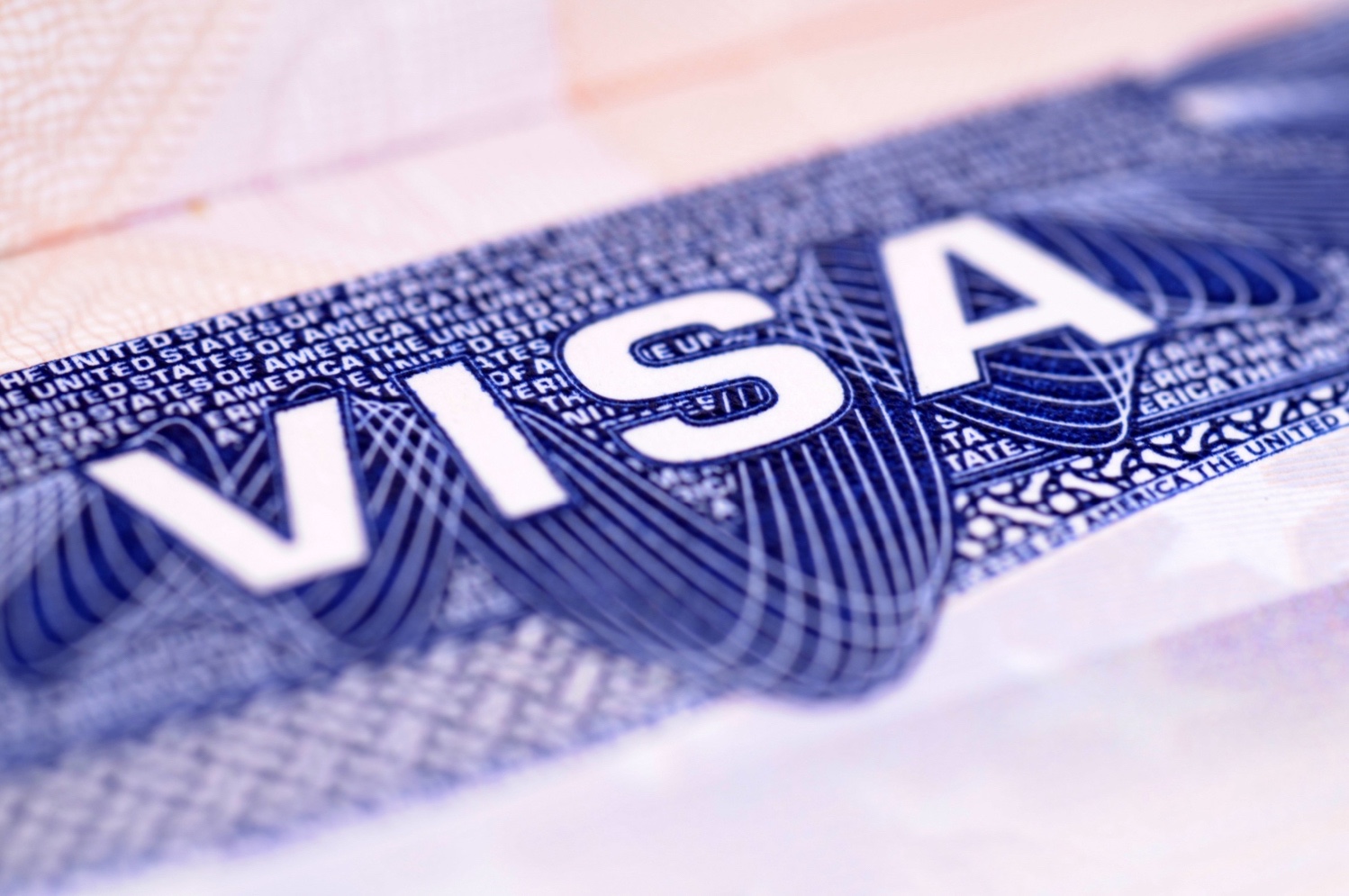One way to start up a business in the U.S. is through the L Visa. To transfer a key employee from abroad to the U.S., a transferee must have been continuously employed for one of he past three years by a parent, branch, affiliate or subsidiary of the a company. A new U.S. company may be formed for this purpose. The transferee from abroad need not work full time here, but at least a significant amount of time, regularly and systematically. The prospective transferee must have worked abroad in a capacity that is executive, managerial or with specialized knowledge and must be intending to fulfill the same responsibilities here.
If the new business here will be applying for multiple transferees, the employees abroad need only to have been abroad six months prior to coming here. A majority holder of substantial stock of the foreign company may transfer himself to the U.S. company even if the transferee is the sole stockholder. The prospective employee need not be paid here, but if paid, there is no prevailing wage requirement. The visa is a temporary one and can be approved for three years although if it is a new office, then only for one year. Thereafter if within the first year, it can be shown that the business can support an executive or manager, then three years may be granted. There is a seven year maximum for managers and executives and a five year maximum for employees of specialized knowledge. For expedited processing, an additional fee of $1,000 may be paid to the Immigration Service to expedite the process to be done within two weeks.
For multiple visas (blanket procedure), the company must show it has been in business for one year, that it has three or more domestic and foreign branches, subsidiaries or affiliates engaged in commercial trade or commerce, and that the U.S. annual sales in the aggregate are at least 25 million and there is a U.S. workforce of no less than 1000 or that the company has had approved L-1 petitions for at least 10 persons within the preceding 12 months.
E VISAS
The E Visa (Treaty Trader or Treaty Investor), is based on a treaty between the U.S. and the country of which the applicant is a national. The purpose is that the applicant will be coming to carry on substantial trade, international in scope, principally between the U.S. and the country of the alien’s nationality or to develop and direct the operations of an enterprise in which the alien has invested or is actively in the process of investing a substantial amount of capital in a bona fide enterprise here. It is not necessary to prove an immediate intent to return to the applicant’s foreign residence. At the initial time of admission, the applicant will be admitted for two years and thereafter extensions of two years will be started if the alien continues in the E visa capacity.
E-1 (TREATY TRADER)
The trade envisaged must be substantial, that is, trade sufficient to ensure a continuous flow of international trade between the U.S. and the treaty country. More than 50% of the total volume of the international trade must be between the U.S. and the treaty country. If the trade exceeds 50%, each E-1 stockholder need not prove that the company has a stake of more than 50%. A branch office as part of the parent company must prove the parent company conducts more than 50% of its business with the U.S. If it is a U.S. subsidiary, it is considered independent, and then only the subsidiary is required to do not less than 50% with the parent country.
E-2 (TREATY INVESTOR)
The nationality of the investment company requires no less than 51% of the stock of the company to be held by nationals of the applicant’s country or a controlling interest if a large company. The investment must have been invested or actively in the process of investing. The funds must be at risk: the investment must if lent on collateral be shown to be from the investor’s personal assets. In other words, the investment must be from the investor’s unsecured personal business capital or capital secured by personal assets. The transfer of goods or equipment must be for use by the enterprise and that they belong to the investor. Also the investment must be active and entrepreneurial and commercial. The funds must be substantial: consequently, the funds invested are to be weighed against the total cost of purchasing or developing the enterprise; that the amount invested has an appropriate relationship relevant to the nature of the enterprise in order that there is a likelihood of success. If the enterprise’s investment is less than $100,000, and the E-2 investor has 100% of the stock of the investment, the basic thrust respecting the amount necessary is that the enterprise will be viable. Another test is that the investment may not solely be for earning the investor and his family a livelihood. Thus in reviewing the application, the State Department or the Immigration Service will consider whether the business will expand job opportunities. The business must be able to generate income substantially above what would be considered merely a living. The investor may not work simply as a skilled or unskilled worker, but only as an executive or manager.
The investor must be coming to develop and direct the enterprise and have a controlling interest in the business. Employees of the company must have the same nationality as the treaty employer, be primarily in an executive or supervisory position and have duties over which the employee has control and responsibility for the enterprise’s overall operation or a major component of it or be if it be a non-supervisory position, then with special qualifications that are essential for the business.
For both E-1 and E-2 visa holders their spouses and children are included. The spouses may receive employment authorization after they have entered the U.S. Children may not receive work authorization, but they can work without being subject to deportation. Also children may attend school without a change of status.
Our assistance is only a phone call, or e-mail communication away!



